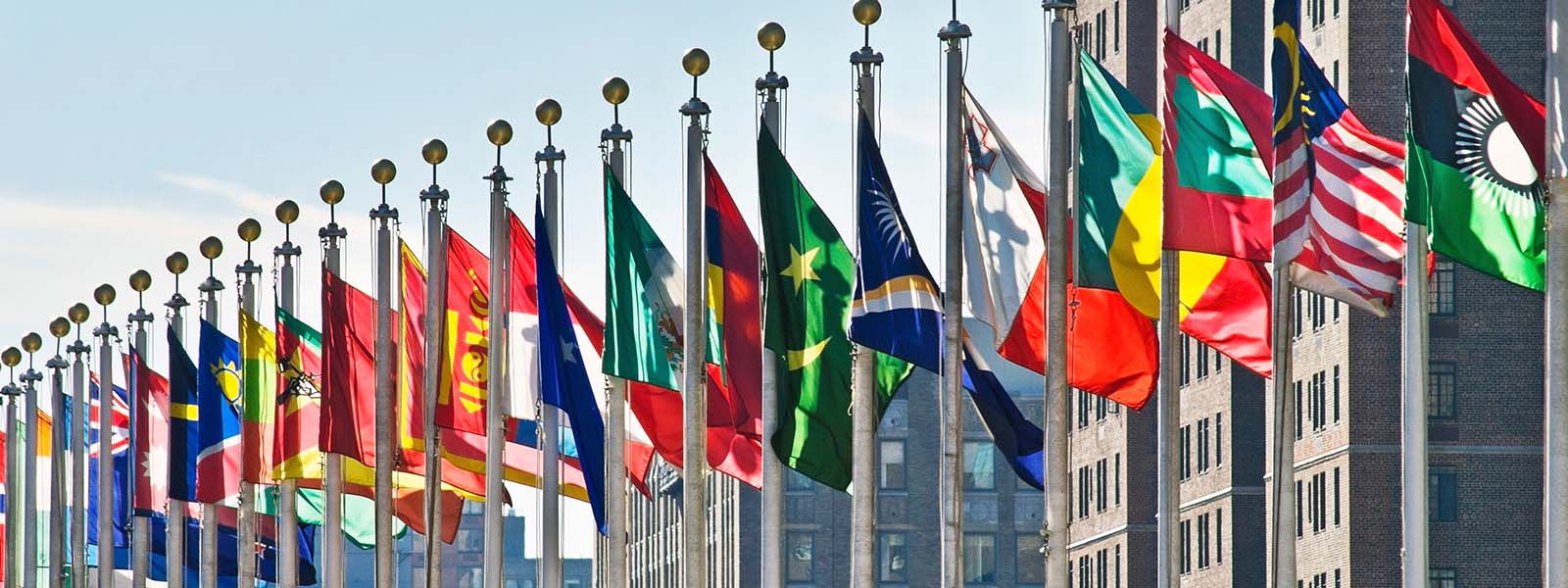The UNs annual climate change conference, COP27, held this year in Sharm El Sheikh, Egypt, has now concluded, with the most notable progress being made on a new loss and damage fund that will see rich countries pay poorer countries for the damage and economic loss caused by climate change. However, negotiations failed to make significant progress locking in the 1.5 degrees Celsius (above pre-industrial levels) global warming target, or on cutting fossil fuel use.
On the conclusion of the conference, CEP Director Professor Karen Turner said:
“It is a positive and notable first step that we've now got loss and damage in the wording of agreement, but questions remain around how much will be involved and who will pay for it. Locking down how more developed and/or richer countries need to deliver against this commitment, how and when, in the coming years will be key.
“Disappointingly, the agreement lacks the action we were looking for coming out of the Glasgow Pact - where countries were to come to COP27 with strengthened commitments to reduce emissions supported by more solid action plans. There aren't the more ambitious emissions reductions required, and called for coming out of COP26, and we are still lacking strong commitments on reducing dependence on fossil fuels, indeed with some of the wording suggesting increased reliance on gas in fuelling ‘low-emissions energy systems’ may be in line with net zero ambitions. As Alok Sharma noted at the close of the talks this weekend, this means that the vital plan to keep warming to 1.5 degrees remains very much ‘on life support’.
“However, lack of significant progress being made on mitigating the effects of climate change should not stop our efforts in the UK to transition to net zero, for two reasons. First, global temperatures are rising, and all countries will need to act at some point, so we should move to both (a) seize competitive advantage in low carbon technologies and production and (b) identify and move on affordable and efficient solutions ahead of many, and to catch up with others (e.g. on decarbonising domestic heat). Second, it makes economic sense in multiple fronts to stick with and prioritise action on our own net zero targets. Crucially, fossil fuels are currently not providing cheap sources of energy. As scarcity grows, and with ongoing geopolitical risks outwith our hands, there is an imperative to secure more domestic and lower cost solutions, and to accelerate activity to increase energy efficiency.”
